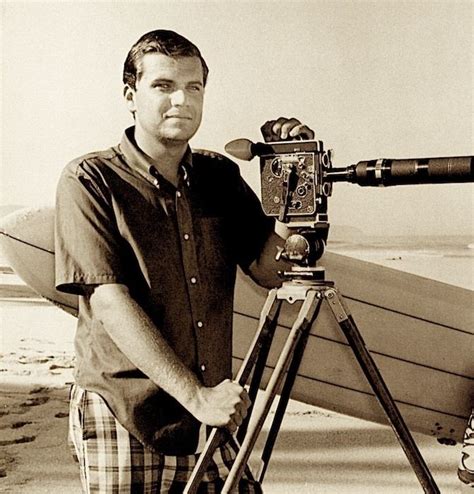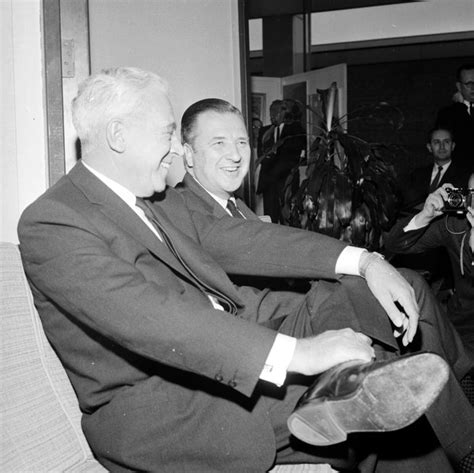A Quote by Peter Menzel
Before digital, I spent thirty years shooting color transparencies, which are very unforgiving of exposure. A half stop can make or break a good photo on slide film.
Related Quotes
Various studios are still shooting on film with digital grain and the DI negatives, it's not ideal. We should really be all film or all digital. But that being said, the old way of graining in the camera, now you can make changes like a painter. It's dangerous because you can ruin the film, you can over-fiddle. We've all seen films and gone 'what the hell is that?'
Though I am born into a film family, I hardly had much exposure to shooting during my growing
years. My first film actually taught me about the breakdown of shots in a film. My aim is to do three
memorable roles in the next five years; films I can be really proud of. And I want to work with the best.
I did photography in summer camp; I did it in high school. The only hard decision I've had to make was whether to go towards photo or film. And I ultimately realized that the type of photo I was interested in was actually photojournalism. And it's a very individualist career, whereas film is a very team-driven medium. So that's why I chose film.
When filmmakers are kept from making films, there's a lot of different reasons why. Sometimes you work on a film and cast it and do all the work and can be just a month away from shooting, and all of a sudden, the whole thing goes up in smoke. But I do think the advent of a digital revolution is going to provide people with opportunities to make films that they never would have had before. I think you can do some pretty credible stuff now with very, very little money. Which I think is great for young filmmakers.
You cannot do everything you want with the 3D camera, it's too big, and the digital quality of those cameras is a little bit limiting. With film, you have a lot more subtly, like with highlights and color. In terms of sharpness they (both formats) are very close; but in terms of nuance, of color and contrast, film is far superior.
The sky was different, without color, taut and unforgiving. But the water was the most unforgiving thing, nearly black at times, cold enough, I knew, to kill me, violent enough to break me apart. The waves were immense, battering rocky beaches without sand. The farther I went, the more desolate it became, more than any place I'd been, but for this very reason the landscape drew me, claimed me as nothing had in a long time.
People over the age of thirty were born before the digital revolution really started. We've learned to use digital technology-laptops, cameras, personal digital assistants, the Internet-as adults, and it has been something like learning a foreign language. Most of us are okay, and some are even expert. We do e-mails and PowerPoint, surf the Internet, and feel we're at the cutting edge. But compared to most people under thirty and certainly under twenty, we are fumbling amateurs. People of that age were born after the digital revolution began. They learned to speak digital as a mother tongue.
The whole switch from film to digital has changed some of the ways I use color and the juxtaposition of light and dark. It's getting better with digital, the separation's gotten better, but I still feel like it's really flatter than film, so I do a lot of screening and subtle textural printing and painting on clothes for film to get it not to look flat.
I invented a camera that has an exposure time of one hundred years and the camera works in the simplest possible terms, because anything more complicated is more likely to break down in one way or another. It's a pinhole camera that lets in very low light and instead of exposing film, which is going to spoil within a matter of days or weeks, I'm using ordinary black paper.
The film is made in the editing room. The shooting of the film is about shopping, almost. It's like going to get all the ingredients together, and you've got to make sure before you leave the store that you got all the ingredients. And then you take those ingredients and you can make a good cake - or not.






































